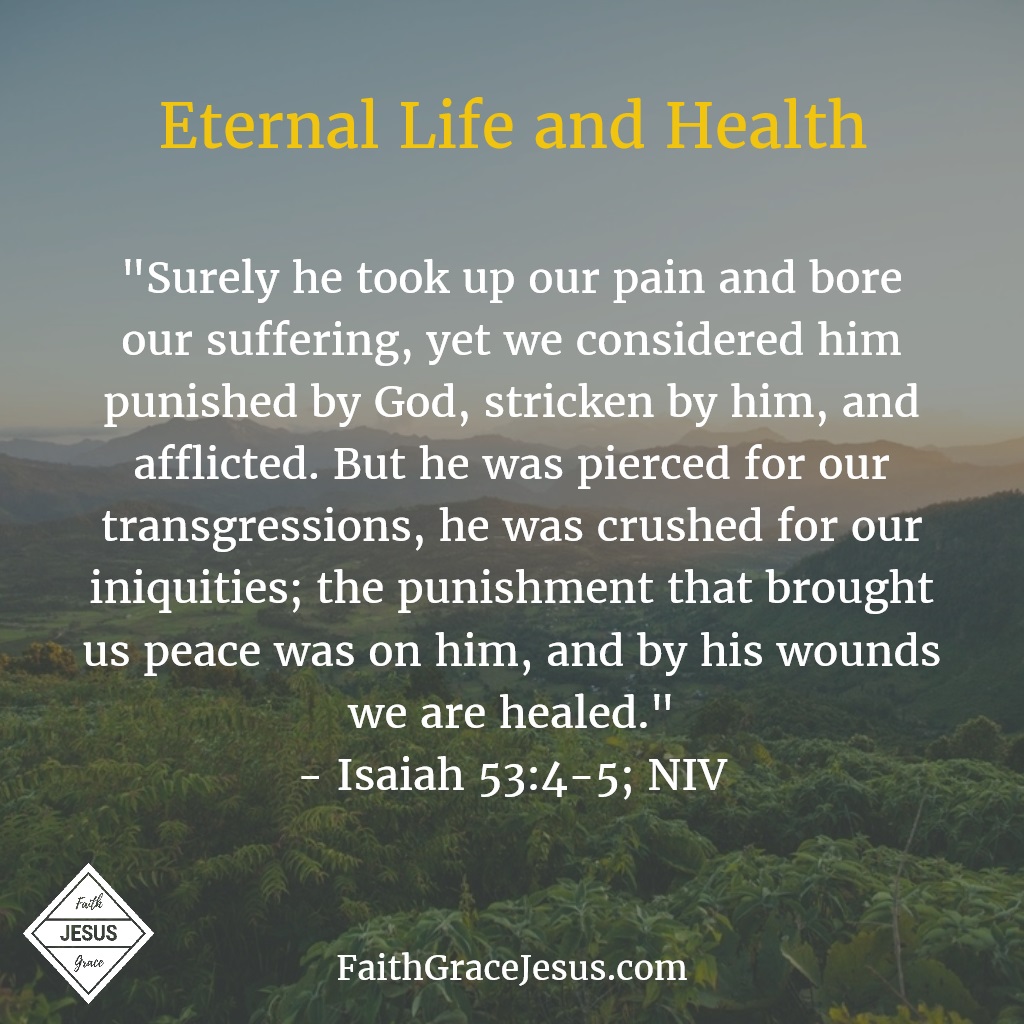I often get emails from believers who are unsure whether they still need to confess their sins after being saved. They ask about 1 John 1:9 and what it means for them. So, today we’re going to take a closer look at this verse and show how rock solid our salvation through Jesus is.
Before we look at this scripture, I want to make one thing clear: not everyone is automatically saved. Only when we accept the saving hand of Jesus are we saved for all eternity and reconciled with God. We call these people believers, or Jesus-Sheep because Jesus is the Good Shepherd.
Only accepting Jesus as our Lord and Savior can save us. Not going to church, not getting baptized, not even reading the Bible. Only Jesus.
So, God makes a distinction between Jesus’ sheep (that is, those who are saved) and people who are not saved. Quick note: God offers salvation through Jesus to everyone. There is no predestination. God’s grace of salvation is for all people. Religion twists it into an alleged predestination
Now that we have that settled, let’s get started.
Born again through Jesus
When we accept Jesus, we are born again. We are no longer sinners, but we are saints from that moment on, who unfortunately sin from time to time. The Bible says:
“But now he has reconciled you by Christ’s physical body through death to present you holy in his sight, without blemish and free from accusation”
Colossians 1:22; NIV
Elsewhere we read:
“For he hath made him to be sin for us, who knew no sin; that we might be made the righteousness of God in him.”
2 Corinthians 5:21; KJV
As Jesus-sheep we are holy, blameless, without blemish and we are the righteousness of God.

As a believer, God doesn’t think about your sins anymore
We think God has kind of forgiven us, but when we make mistakes, God sits in heaven and shakes His head. We think God still thinks of our sins, but this is what God says:
“And their sins and iniquities will I remember no more.” (Hebrews 10:17; KJV)
Then how is it that some people say that we as believers must confess our sins in order for God to forgive us?
You might also like…
What does 1 John 1:9 mean? Explained
They often cite 1 John 1:9 as “evidence”, but again the Bible is clear.
It says: “If we confess our sins, he is faithful and just to forgive us our sins, and to cleanse us from all unrighteousness.” (King James Version)
This passage is about our salvation. Otherwise there would be no point in Him cleansing us from all unrighteousness. If it were really just about the one sin we are confessing in the moment, then it should say that we are cleansed from the unrighteousness of that sin. But it says we are cleansed from all unrighteousness. And we have to take the Bible seriously.
The verse before it (verse 8) says, “If we say that we have no sin, we deceive ourselves, and the truth is not in us.” (KJV)
Anyone who claims that they have no sin has not realized that we have all sinned and can only be saved through Jesus. That’s why it says “the truth is not in us”. Jesus is the truth (John 14:6). So Jesus is not in the people who claim to have no sin.
Verse 9 again:
“If we confess our sins, he is faithful and just to forgive us our sins, and to cleanse us from all unrighteousness.”
But if we admit that we are sinners (that is, before our salvation) and that we need Jesus, then God forgives our sins and cleanses us from all unrighteousness (as we learn in many other scriptures as well).
WHO ARE THESE VERSES WRITTEN TO?
Another interesting point: If you read a few verses further, in chapter 2, you will see that the previous verses were not written to Christians, but the second chapter was written to believers.
This is how chapter 2 begins:
“My little children, these things write I unto you, that ye sin not. And if any man sin, we have an advocate with the Father, Jesus Christ the righteous”
1 John 2:1; KJV
Now he speaks to his “little children”. It then continues with: “these things write I unto you” – so he makes a difference between these readers and the people to whom he wrote the verses before.
So, do Jesus’ sheep aka believers have to confess their sins in order for God to forgive them? Or to put it another way: Can a Jesus-sheep lose his or her salvation if he or she does not confess all sins individually? No and no. Our salvation does not depend on our works, but only on Jesus.
Can we talk to God about our sins?
Of course we can talk to God about all our sins because we can discuss everything with our Heavenly Father. But as Jesus’ sheep, we no longer need to confess our sins in order to be forgiven, for we are saved forever by accepting Jesus’ saving hand.
And now we can enjoy a glorious, vibrant relationship with our loving Heavenly Father.







